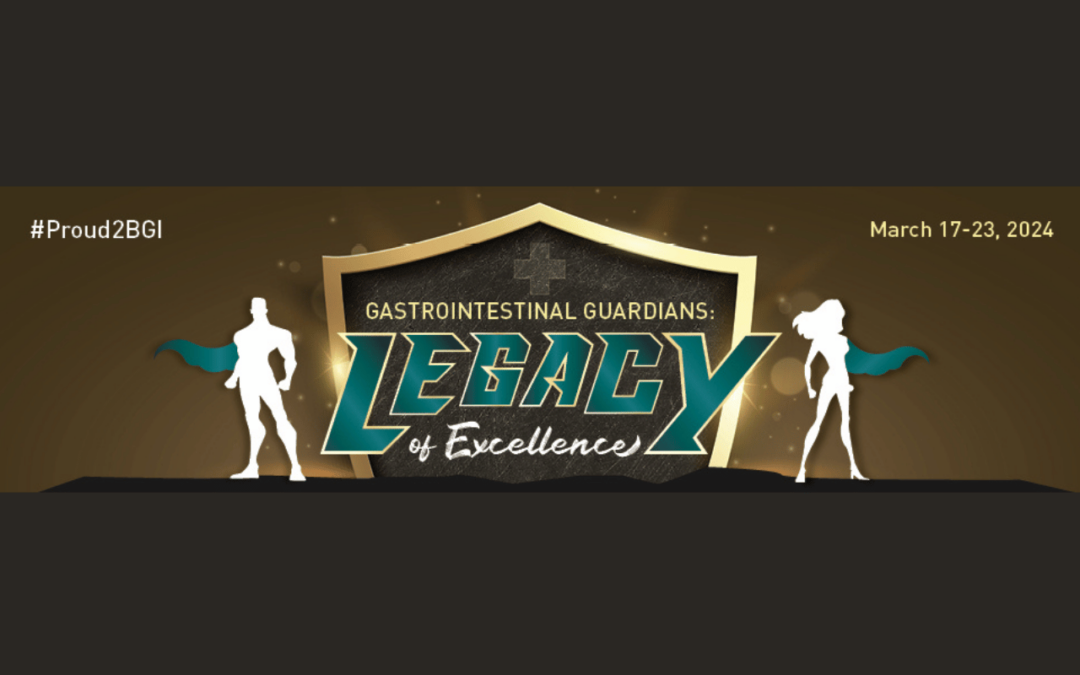This week honors GI Nurses and Associates Week, the annual tribute to GI nurses that the Society of Gastroenterology Nurses and Associates (SGNA) has celebrated for more than a decade.
Gastroenterology (GI) nurses treat and often diagnose patients who have symptoms and conditions related to the entire digestive tract. The spectrum of GI symptoms is nuanced and can have a big impact on quality of life for patients, so GI nurses listen carefully to help patients most effectively. They are also emotional sounding boards and supports for their patients as they cope with navigating their conditions.
SGNA Board President Eileen Dauz, BSN, RN, CGRN, CFER, CER recently shared some of her thoughts on being a GI nurse with Minority Nurse. In addition to her SGNA leadership, Dauz is a clinical nurse manager at Sentara Virginia Beach General Hospital.
How did you choose a career path as a GI nurse?
I knew from the time that I was very young that nursing was something I wanted to do with my life. However, it was not until about10 years into my nursing career that I found my niche in Gastroenterology (GI) and Endoscopy nursing. The catalyst for this change was after I observed a well-seasoned endoscopy team seamlessly and effectively work together to treat a patient profusely bleeding from a ruptured esophageal varix. This brought back memories of my childhood years living in a remote region of a developing country where people die from lack of access to advanced medicine. Upper gastrointestinal bleeding was one of the common culprits. This team ensured their patient would have a different outcome and saved his life. This experience inspired me to become a GI/endoscopy nurse.
What is especially fulfilling about being a GI nurse?
Being a nurse is one of the most challenging jobs someone could do. It is physically and mentally demanding at times. However, at the end of the day, I feel a sense of fulfillment and pride, knowing that I have influenced someone’s life for the better. It does not have to be patients all the time. It may be a patient’s family member, a colleague, or a visitor. The best part of it all is that I get many opportunities to repeatedly provide the best care every day that I work. Nursing is a calling. I love the culture of nursing in my endoscopy unit. Everyone is working cohesively together in an atmosphere of mutual support.
What are some of the latest developments in GI nursing that are exciting?
The technological advancements in gastroenterology and endoscopy have opened up new ways of achieving better patient outcomes in our field, effectively and efficiently. Our instruments and tools are becoming more innovative, allowing more minimally invasive procedures to be performed in the Endoscopy suite. An example is peroral endoscopic myotomy (POEM). This is a non-surgical procedure to treat swallowing disorders caused by muscle spasms in the esophagus. POEM uses an endoscope that is inserted through the mouth to cut and loosen muscles in the esophagus, preventing them from tightening and interfering with swallowing.
What do people not realize about this specialty?
We play a crucial role in maintaining our patient’s digestive health and addressing various gastrointestinal disorders from the mouth to the rectum. We are not pigeonholed into doing just one role in the GI specialty. In the hospital setting, you have the opportunity to work in the different phases of care. In some practice settings, nurses also assist the endoscopist directly with tools and gadgets during a procedure.
Do you have any advice for nurses who are considering the GI nursing career path?
My first and foremost advice for nurses who are considering the GI nursing career path is to do your research to learn more about what this specialty entails. GI nursing is not for the faint of heart. If possible, network with GI professionals in your Endoscopy unit and seek opportunities to shadow a case or two and follow a patient through the different phases of care. Some facilities offer GI nurse internships or residencies.
How has your SGNA membership helped your career?
My return on investment for the membership fees that I have paid SGNA has been exponential. SGNA has invested in my substantive leadership growth starting in the regional arena many years ago as chapter president, to where I am today as the national president. As a subject matter expert in this specialty, I was a nurse participant in the international endoscope expert hygiene meetings held in Amsterdam (2022), Baltimore (2023), and in Ireland for June 2024. As a clinical nurse manager, SGNA has empowered me to stay up to date on current evidence-based practices. Through SGNA, I have access to practice documents, educational and professional development resources that I can use for team on boarding, training, and learning events.
More importantly, my SGNA membership allows me to connect and network with approximately 5000 GI nursing professionals, associates, and industry representatives dedicated to improving their practice and advancing the GI specialty.
- Is the FNP Program Right for You? - April 24, 2024
- WOC Nurses Week Highlights Specialty - April 16, 2024
- Honoring Radiology Nurses Day on April 12 - April 12, 2024



